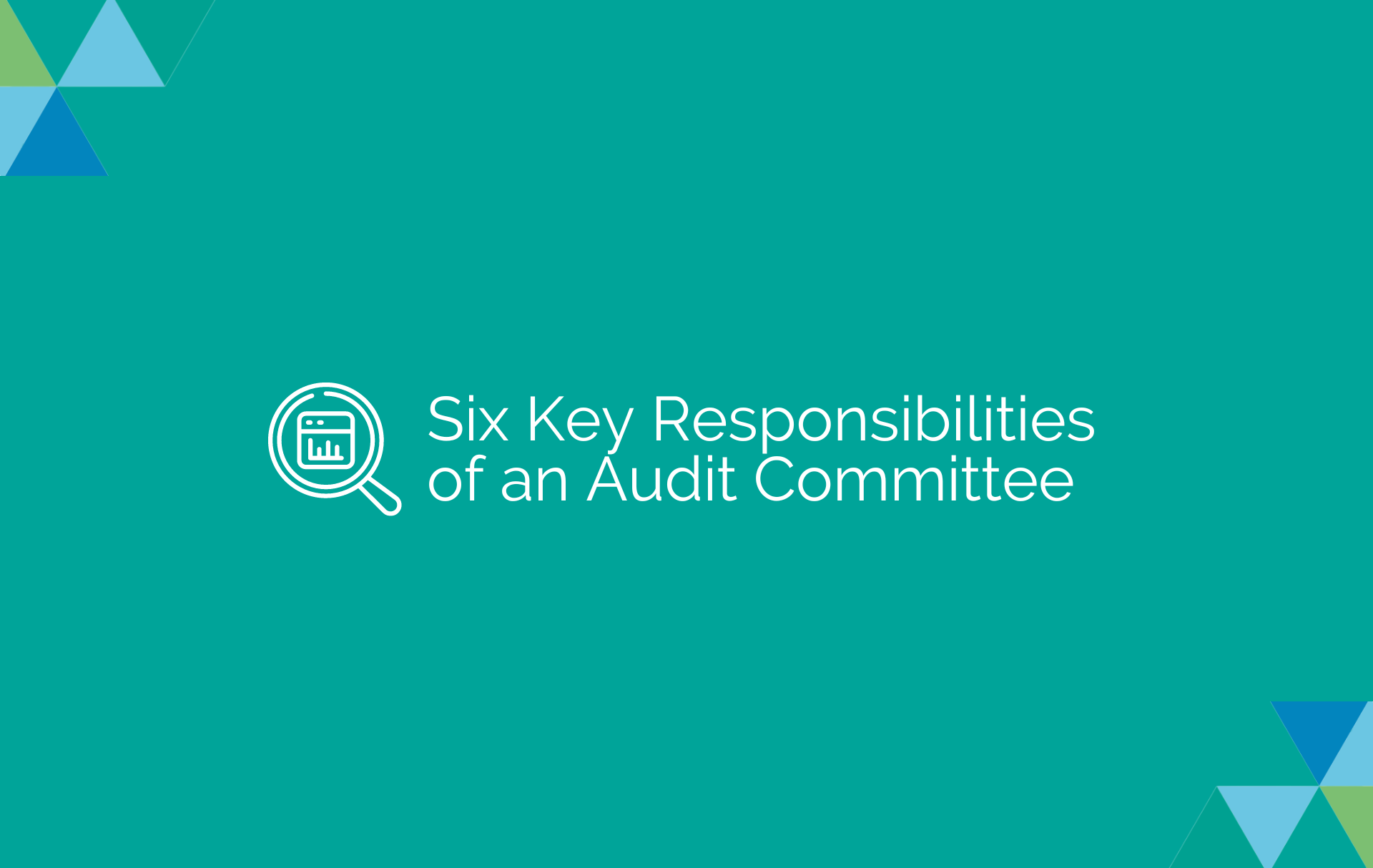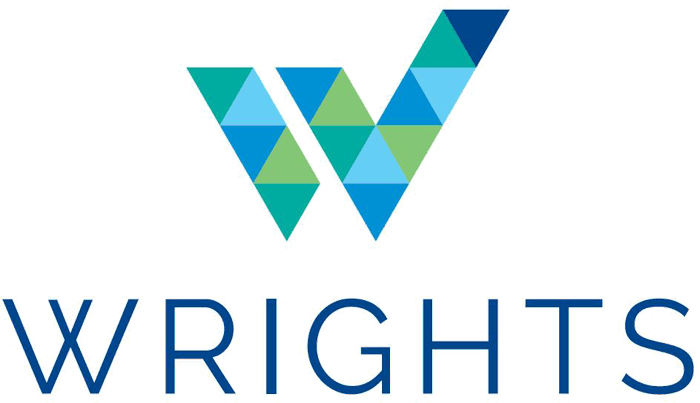Six Key Responsibilities of an Audit Committee

A robust governance structure is essential for fostering transparency, accountability, and the long-term success of not-for-profit organisations. At the core of this structure lies the indispensable role of an audit committee. As independent directors, you play a vital part in ensuring the efficacy of these committees and their impact on organisational integrity.
Below we explore the six key roles of an audit committee and how these responsibilities contribute to safeguarding financial well-being, preventing fraud, and upholding ethical standards within your not-for-profit organisation.
1. Financial Statement Review
One of the primary responsibilities of an audit committee is to review the organisation's financial statements thoroughly. This review process goes beyond merely examining numbers; it involves ensuring the accuracy and completeness of financial data while also verifying compliance with relevant accounting standards. By meticulously overseeing financial statements, the audit committee provides crucial insights that contribute to the organisation's financial transparency and credibility.
2. Independent Auditors Engagement
Selecting an independent auditor is a critical task for the audit committee. An independent auditor brings objectivity and impartiality to the annual audit process. The audit committee's responsibility here is to engage a reputable and qualified auditor who possesses the necessary expertise to perform an unbiased assessment of the organisation's financial statements. The independent audit instils confidence in stakeholders, donors, and the public, as it ensures an unbiased and accurate evaluation of the organisation's financial health.
3. Internal Controls Assessment
Effectiveness in internal controls is vital for safeguarding the organisation's assets and preventing potential fraud. The audit committee plays a crucial role in assessing the strength of these internal controls. By conducting regular assessments, the committee identifies weaknesses or vulnerabilities in the system and makes recommendations for improvement. Strengthening internal controls bolsters the organisation's ability to protect its resources and maintain financial integrity.
4. Risk Management
Every not-for-profit organisation faces various risks in its operations. The audit committee takes on the responsibility of identifying and evaluating these risks. This process involves a comprehensive risk assessment to understand potential challenges that may impact the organisation's mission. By identifying these risks, the committee can develop effective risk mitigation strategies and monitor their implementation. This proactive approach ensures the organisation is better prepared to navigate uncertainties and safeguard its long-term viability.
5. Compliance Oversight
Compliance with legal and regulatory requirements is crucial for maintaining the organisation's credibility and reputation. The audit committee provides oversight to ensure the organisation adheres to all applicable laws, regulations, and industry standards. Additionally, the committee ensures that the organisation's internal policies and procedures align with these requirements. A strong focus on compliance not only mitigates legal risks but also reinforces the organisation's commitment to ethical practices.
6. Whistleblower Protection
Establishing procedures to protect whistleblowers is a crucial function of the audit committee. Encouraging a culture of openness and accountability, the committee ensures that employees and stakeholders feel safe when reporting potential fraud or misconduct within the organisation. Whistleblower protection not only uncovers issues that require attention but also demonstrates the organisation's commitment to addressing concerns transparently and responsibly.
The establishment of an audit committee plays a crucial role in enhancing financial transparency, accountability, and long-term sustainability. By diligently reviewing financial statements, engaging independent auditors, assessing internal controls, managing risks, ensuring compliance, and protecting whistleblowers, the audit committee becomes an invaluable asset for your organisation's success.
Wrights Chartered Accountants Auditors utilise the latest technical software which benefits our clients as it allows us to deliver a cost-effective, risk-based, paperless audit and ensure that our team have the latest and most up-to-date knowledge of the International Accounting Standards, Australian Accounting Standards, and the Australian Auditing Standards.
If you would like more information about our internal and external audit services, please contact us on 02 6566 2200.
Important notice: This article provides information rather than financial advice. The content of this article, including any information contained in it, has been prepared without taking into account your objectives, financial situation or needs. You should consider the appropriateness of the information, taking these matters into account, before you act on any information. The body content of your post goes here. To edit this text, click on it and delete this default text and start typing your own or paste your own from a different source.










